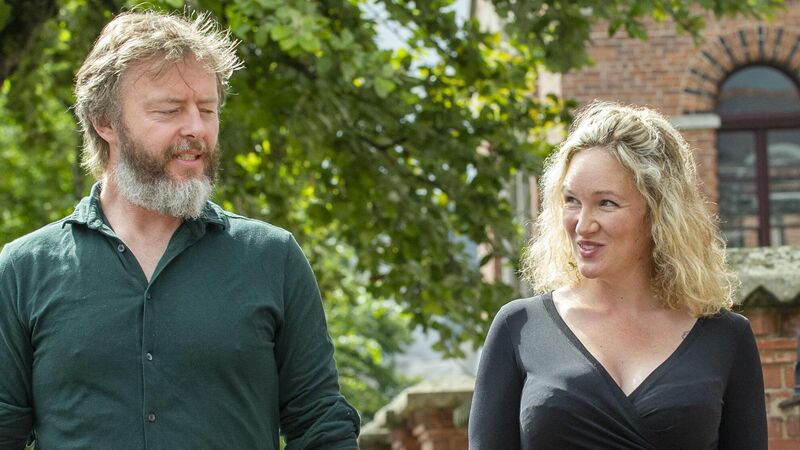Irish Examiner View: Fraud gardaí are under-resourced

Former Cork solicitors Keith Flynn and Lyndsey Clarke, who were jailed for labyrinth bank and credit union frauds earlier this week. The top Garda fraud unit is still grossly undermanned. It has 37 detectives but needs up to 50 more.
When he sent two former solicitors to jail for labyrinth bank and credit union frauds earlier this week Judge Seán Ó Donnabháin excoriated all but one of the financial institutions swindled by Keith Flynn and his wife Lyndsey Clarke. Acknowledging that their complicated and well-executed frauds would not have been uncovered but for the vigilance of the Bank of Ireland's crime unit, Judge Ó Donnabháin said other financial institutions, including AIB and Ulster Bank, “were asleep at the wheel” - a phrase, in the context of Irish banking, with a chilling, disturbing air of déjà vu.
In a country that pays up to €1.3bn a year in interest to service debts imposed because of the bank collapse just over a decade ago a recurrence of poor oversight, even on this scale, is unnerving. The Comptroller & Auditor General estimates that keeping drowning banks afloat in 2008 cost this small Republic of 2.3m workers €41.7bn. Is it possible that the banks feel that proper oversight is an extravagance they can neglect because, should the need arise, they will be rescued once again? That the scheme devised by Flynn and Clarke was, when compared to the potential for international, online fraud a modest DIY scam, is unnerving too. This case and its implications must surely stir the Central Bank to demand plausible explanations from these "still asleep-at-the-wheel" institutions. Unless of course, it is "still asleep a the wheel" too.













